The Afghan tragedy was created in the laboratory of Western foreign policy
By John Wight
“Through all the great humanitarian crises in living memory, no country has been abused and suffered more, and none has been helped less, than Afghanistan.” These words, written by veteran investigative reporter John Pilger, encapsulate perfectly the abject barbarism visited on the Afghan people by the US and its Western allies, both directly and by proxy, over decades.
The Mujahedeen of the 1980s -- trained, funded and armed by Washington and London -- were sold to western audiences as romantic freedom fighters struggling against the godless Soviets to liberate their country from foreign invasion and occupation. Ronald Reagan even hosted a delegation of the Mujahedeen in the Oval Office in 1983.
The reality on the ground was somewhat different. There, a war for the soul of a country torn between modernity and feudalism produced the monster of Salafi-jihadism that would inflict so much suffering in the region and further afield in the years to come. Afghanistan was thus reduced to the status of a laboratory in which Western ideologues carried out a mass experiment not in nation building but in nation destroying.
Vietnam, Cambodia, Nicaragua, El Salvador, Afghanistan, Yugoslavia, Iraq, Libya, Palestine: the list of countries and peoples introduced to the tender mercies of Western foreign policy is as long as it is shameful.
Fast forward to the here and now and upon the inglorious departure of US forces from a country they’ve been present in since 2001, the people of this conflict and poverty-stricken land must now turn to the mammoth task of reconstruction. And this at a time when the Taliban are rolling up vast swathes of the country in a military advance reminiscent of the North Vietnamese Army and the Viet Cong in Vietnam upon the frenzied exit of the Americans from there in 1975.
Just who are today’s incarnation of the Taliban? Hailing from Afghanistan’s ethnic majority Pashtun community, they view themselves as an incorruptible and pious antidote to a corrupt government in Kabul. And, too, there is no doubt that upon the Taliban’s forced removal from power in 2001 after 9/11, the opium trade and lawlessness in the country grew exponentially.
The Taliban leadership of today - while taking advantage of the drawing down of foreign forces in Afghanistan, along with the demoralization that is rife among Afghan government forces, on the ground militarily – recently took part in a ground-breaking high-level meeting in Tehran with an Afghan government delegation.
After the first meeting on 8 July, hosted by Iran’s Foreign Minister Mohammad Javad Zarif, both sides expressed agreement in a joint statement that “war is not the solution to the Afghanistan problem.”
The sad truth is that war never was the solution, and if not for the presence of US and other Western forces in the country, the tragic suffering of the Afghan people would have ended way before now.
Iran and Pakistan, both regional powers who share a border with Afghanistan, will going forward be crucial to Afghanistan’s future as a stable and secure country whose government serves the interests of its people rather than the way round, as has been the case for far too long. Iran and Pakistan are situated in the neighborhood, unlike Washington and its allies, and each have been forced to deal with the consequences of Afghanistan’s suffering ever since the latter descended on the country like a plague of locusts.
Iran, for example, is currently home to one of the largest refugee populations in the world, made up predominately of Afghan nationals.
According to the information provider ACAPS, there are 780,000 documented Afghan refugees in Iran, and between 2.1 to 2.5 million who are undocumented. By any reckoning this is a huge number of mouths to feed, particularly in a country suffering the dead weight of punitive US sanctions. Washington and its allies create refugees, Iran and other countries provide them with sanctuary, yet we in the West are bombarded with anti-Iran invective on a near daily basis. This is the truth of the matter, and this is why we continue to live in an upside down world.
The legacy of the West in Afghanistan is sordid and cruel. They used the country as a ‘devil’s chessboard’, in the process reducing the Afghan people to the status of unpeople. The Costs of War website, run by the Watson Institute at Brown University in Providence, Rhode Island, reports that as of April 2021, more than 71,000 Afghan and Pakistani civilians had been killed as a direct result of the war. As to the number of civilians wounded and maimed, who can say with any accuracy? It is, however, likely to be many thousands more.
What we can say without fear of contradiction is that many were victims of cluster bombs, drone strikes, and war crimes committed by troops on the ground.
Thus, whatever the complexion of the first post-US occupation Afghan government, it’s first order of business should be a request to the International Criminal Court in The Hauge that every living US president starting with Jimmy Carter be indicted for war crimes and crimes against humanity for their role in the suffering of the Afghan people.
Finally, returning to the talks in Tehran, at their conclusion Iran’s Mohammad Javad Zafri made the following statement: “Bravery in peace is more important than bravery in war because for peace, one must sacrifice and set aside maximum demands and consider the other’s demands.”
There are 71,000 dead people who agree.
(John Wight is an author and political commentator based in Scotland.)
(The views expressed in this article do not necessarily reflect those of Press TV.)
Report: Epstein account remained active after death, lists Israeli ex-military figure among contacts
VIDEO | Choosing to stay: Palestinian-Americans building life at home
FM questions ‘narrative’ pushed by Israeli-American Trump donor’s outlet ahead of Netanyahu visit
US lawmaker blasts attorney general for ‘lying under oath’ over handling of Epstein probe
Iran received no concrete US proposal in Oman talks: Security chief
Nouri al-Maliki defends Hashd al-Shaabi as inseparable part of Iraqi security system
British PM Keir Starmer faces calls to resign
Iran’s Kowsar satellite beams Islamic Revolution anniversary message across region


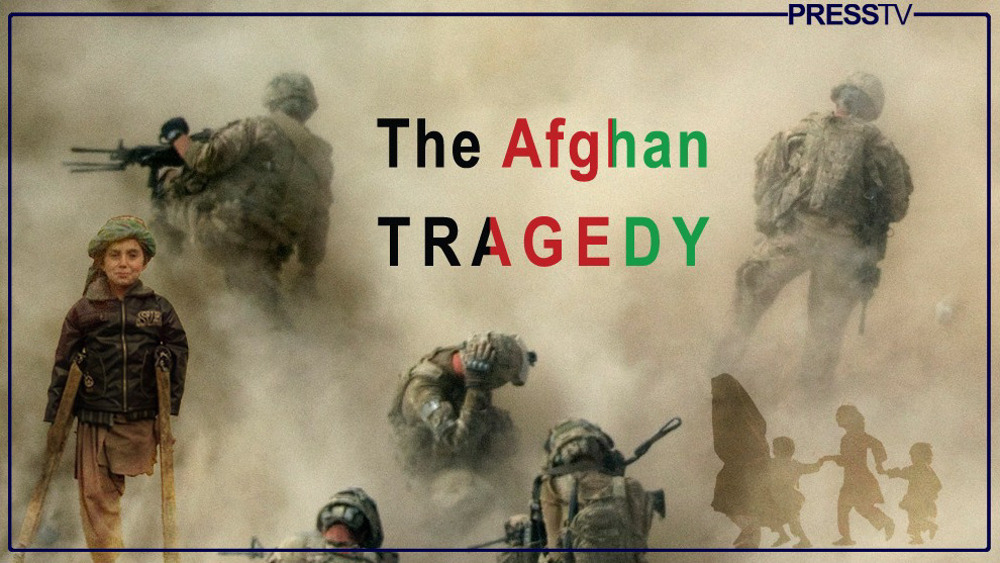
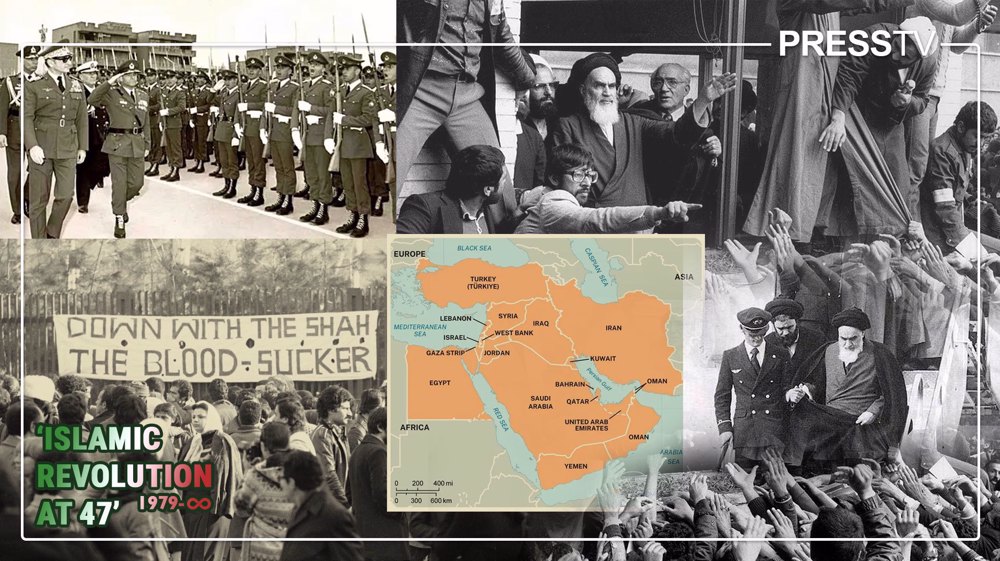
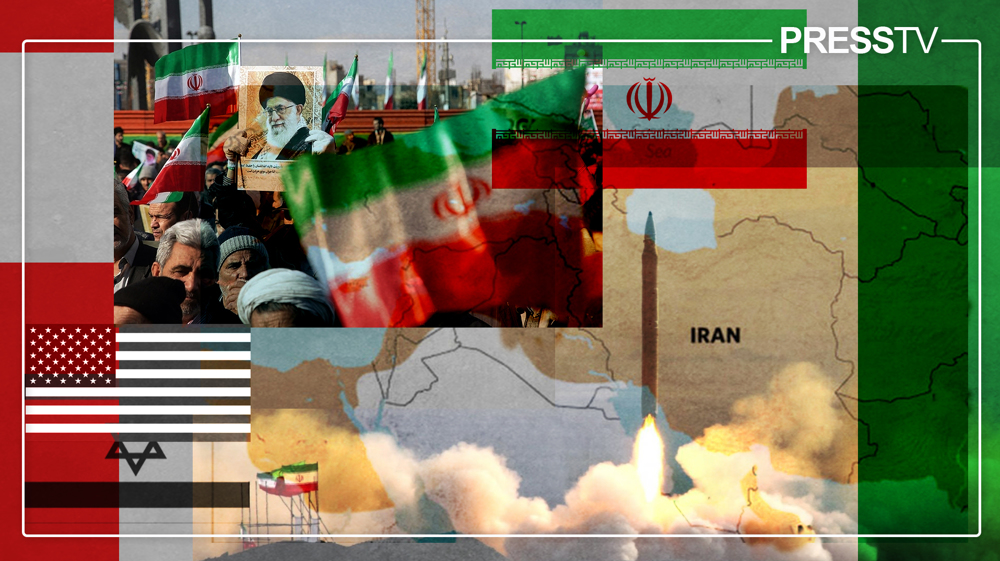
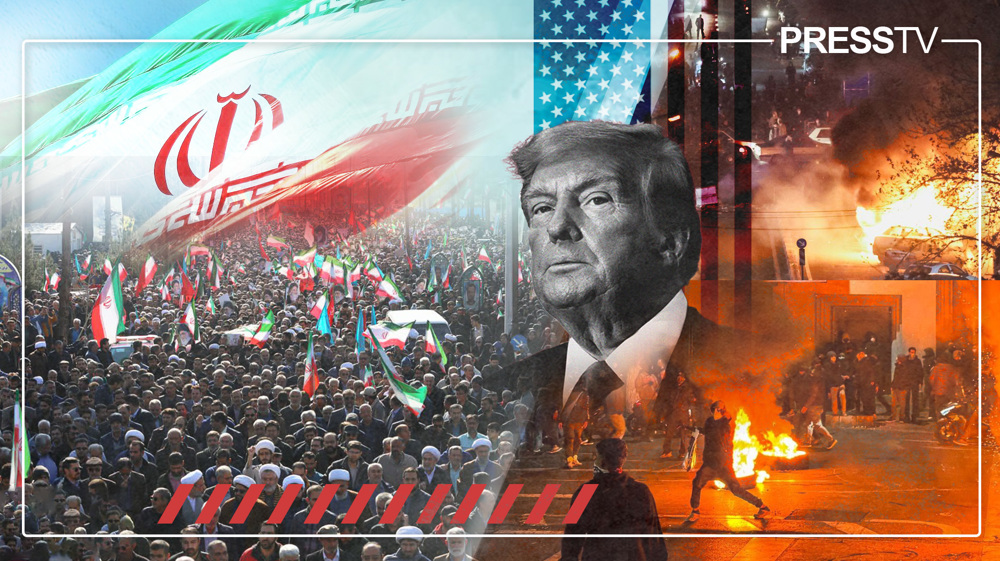



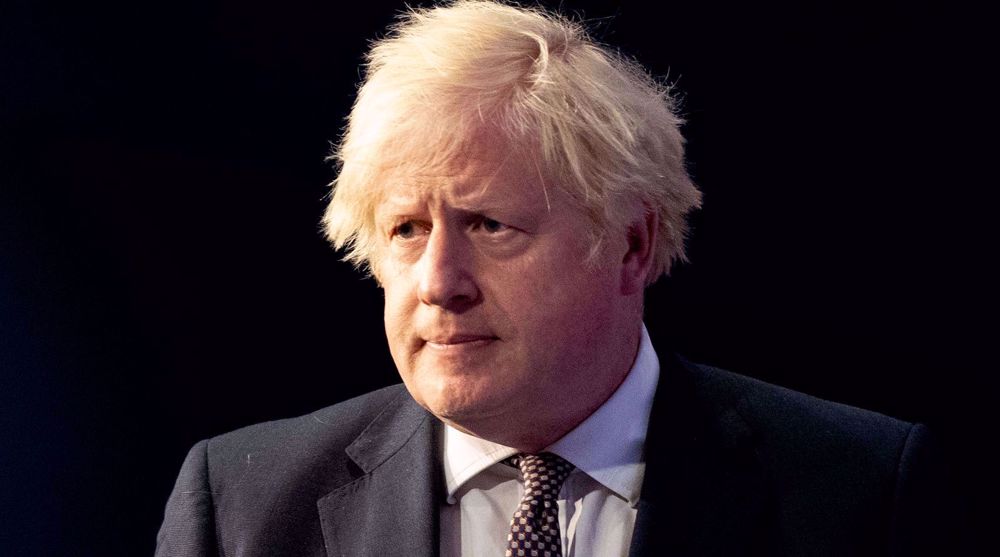
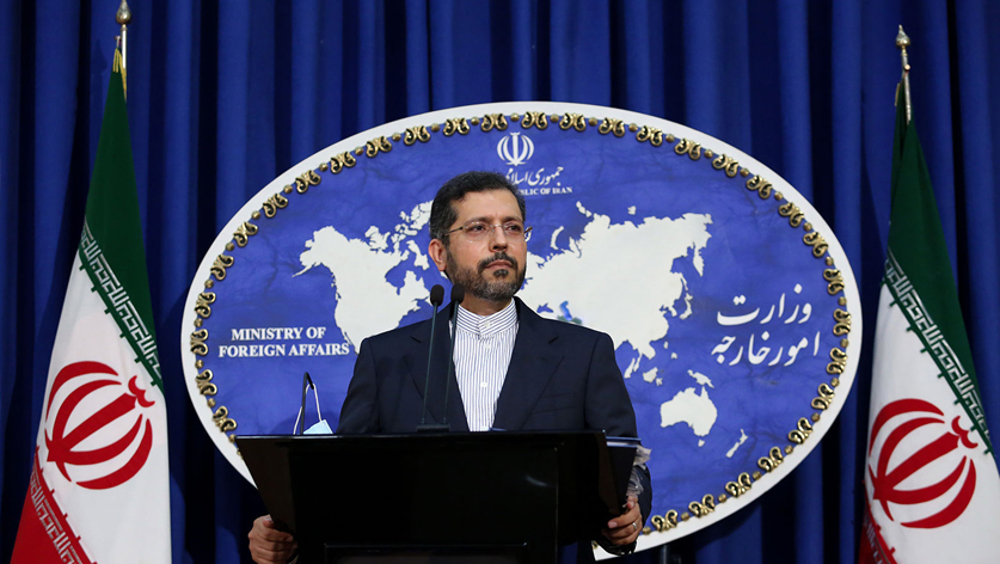
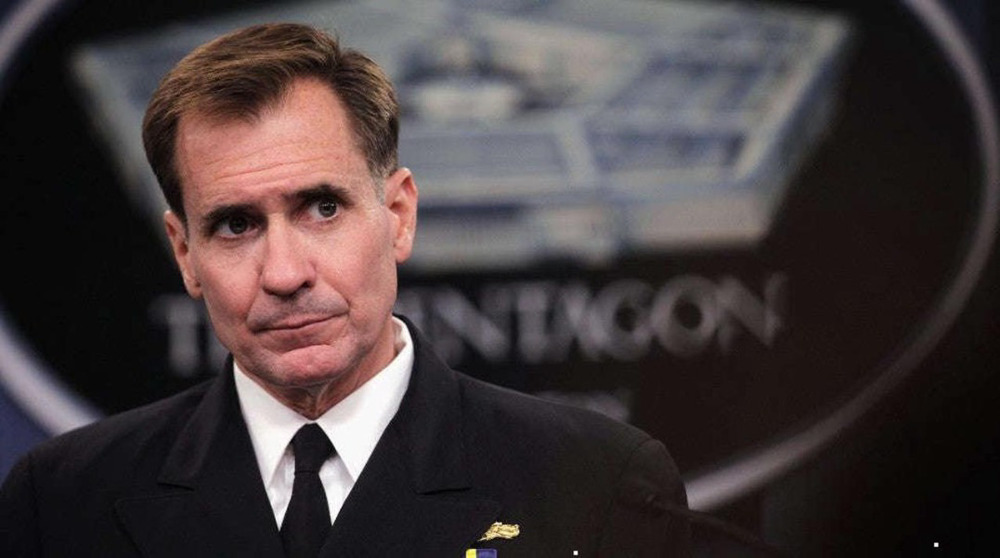
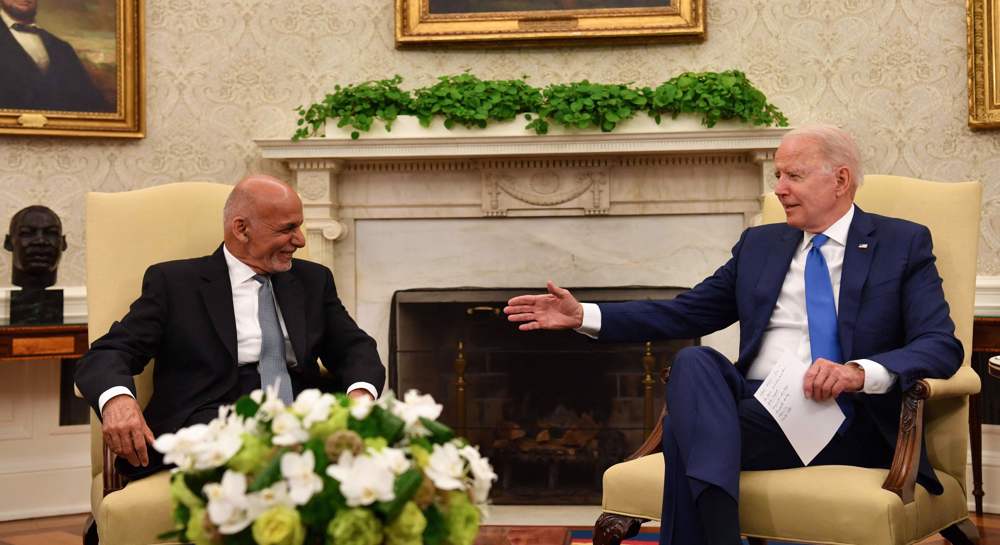
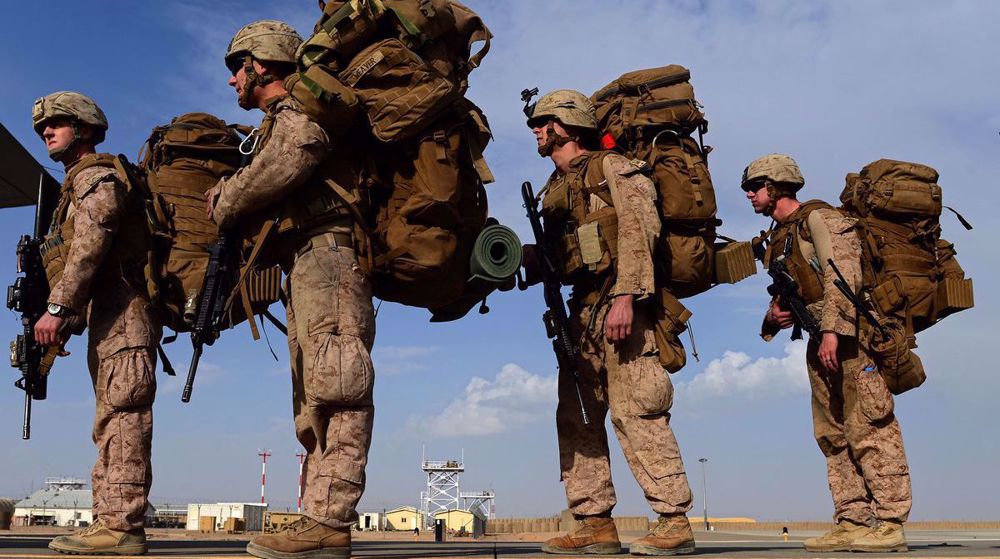
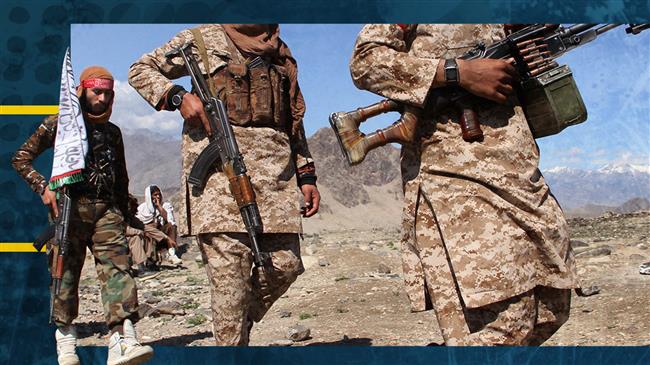

 This makes it easy to access the Press TV website
This makes it easy to access the Press TV website